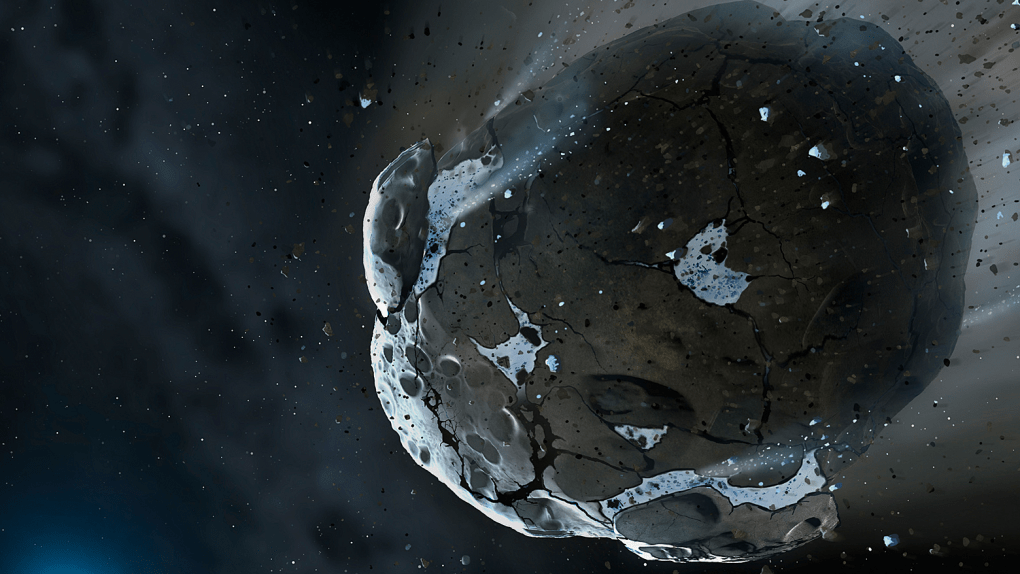It was late 2017 when the astronomy world was buzzing over what appeared to be the first-ever interstellar visitor observed by mankind. It was a long, cigar-shaped object which its discoverers named Oumuamua, and it swooped around our Sun and back out towards interstellar space so rapidly that scientists had to scramble to study it.
Now, after examining records of meteor strikes on Earth from years past, Harvard researchers believe they may have discovered evidence of the first-known interstellar meteor to strike Earth. If true, the rock arrived at our planet years ahead of Oumuamua.
As Space.com reports, Harvard scientists Avi Loeb and Amir Siraj studied data from the CNEOS, the Center for Near Earth Object Studies, which tracks objects that come close to Earth as well as space rocks that come crashing down.
They looked closely at the speed at which the objects were observed moving as well as the angle from which they approach Earth. One particular meteor, which was spotted over the South Pacific nation of Papua New Guinea in early 2014, immediately caught their eye.
The rock was moving at a breakneck speed of over 134,000 miles per hour, and its angle of approach suggests that it may have come from outside of our solar system.
The discovery of an object that originated in another planetary system is a big deal, and the fact that it crashed here on Earth is even more dramatic. Loeb even suggests that such events may be responsible for the dispersal of life around the Universe.
“You can imagine that if these meteors were ejected from the habitable zone of a star, they could help transfer life from one planetary system to another,” Loeb told Space.com.








